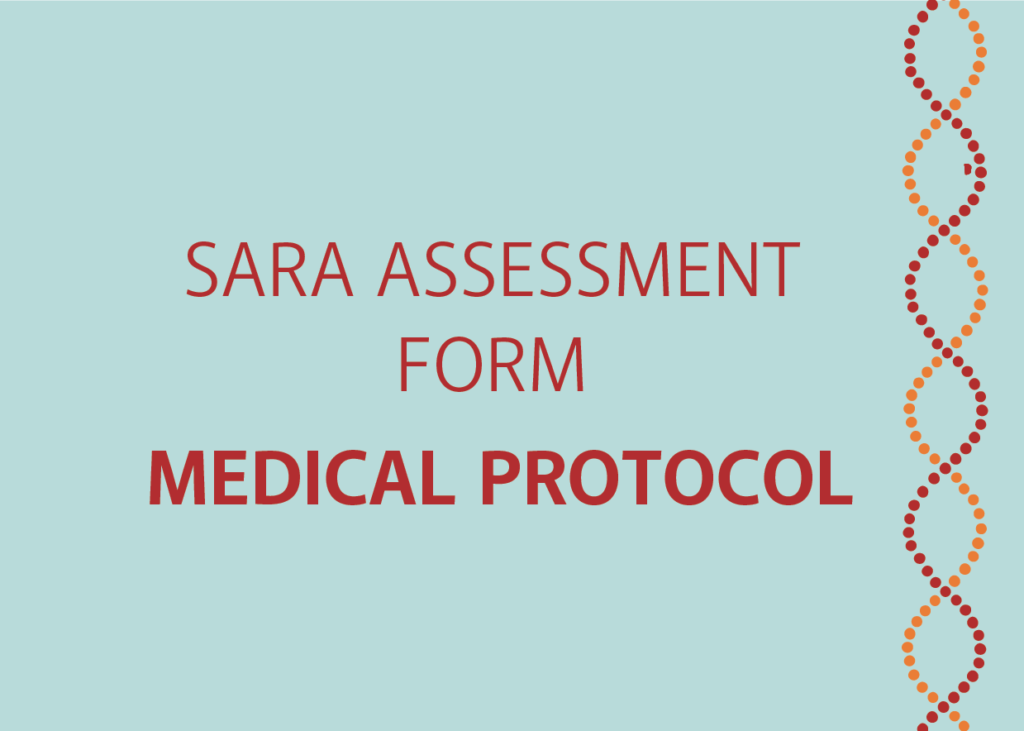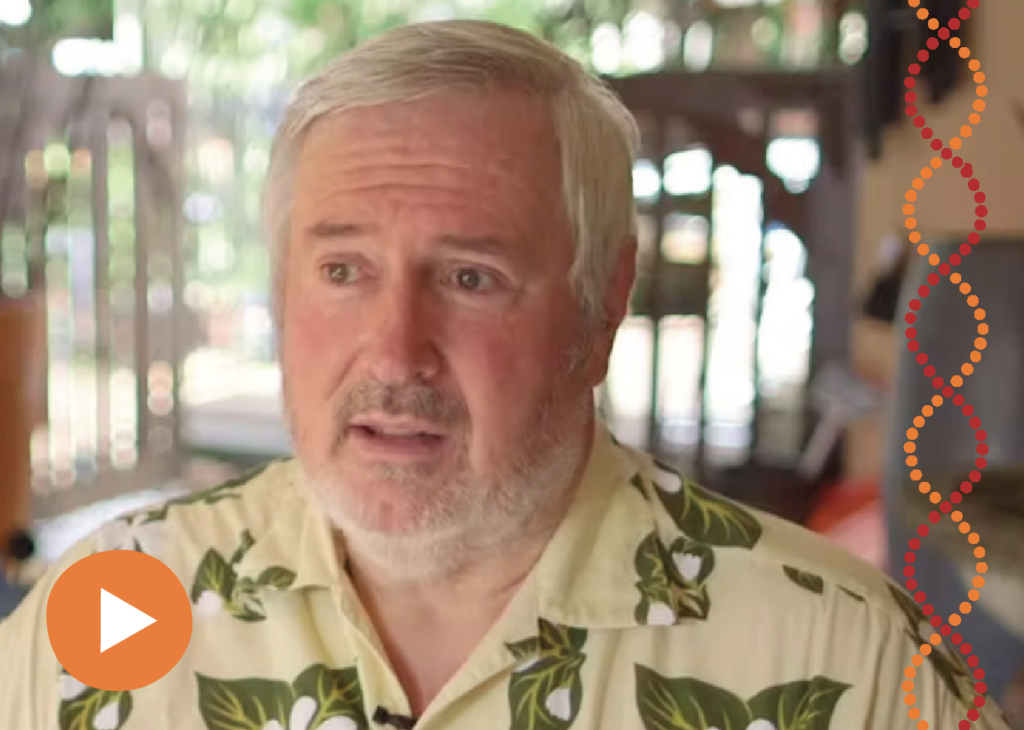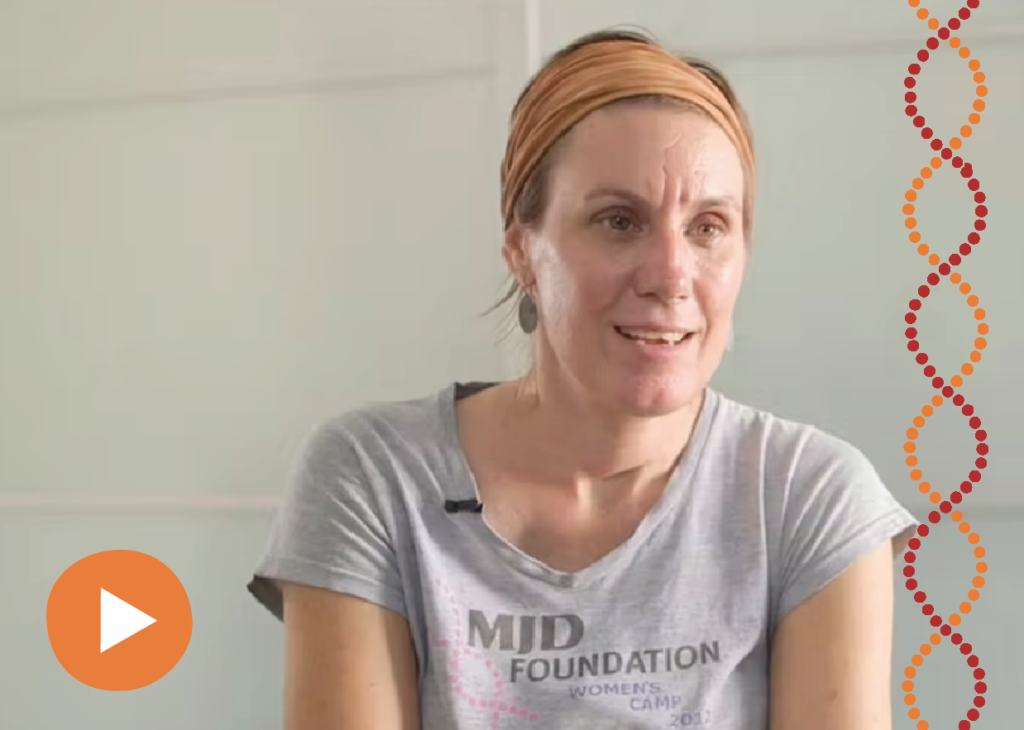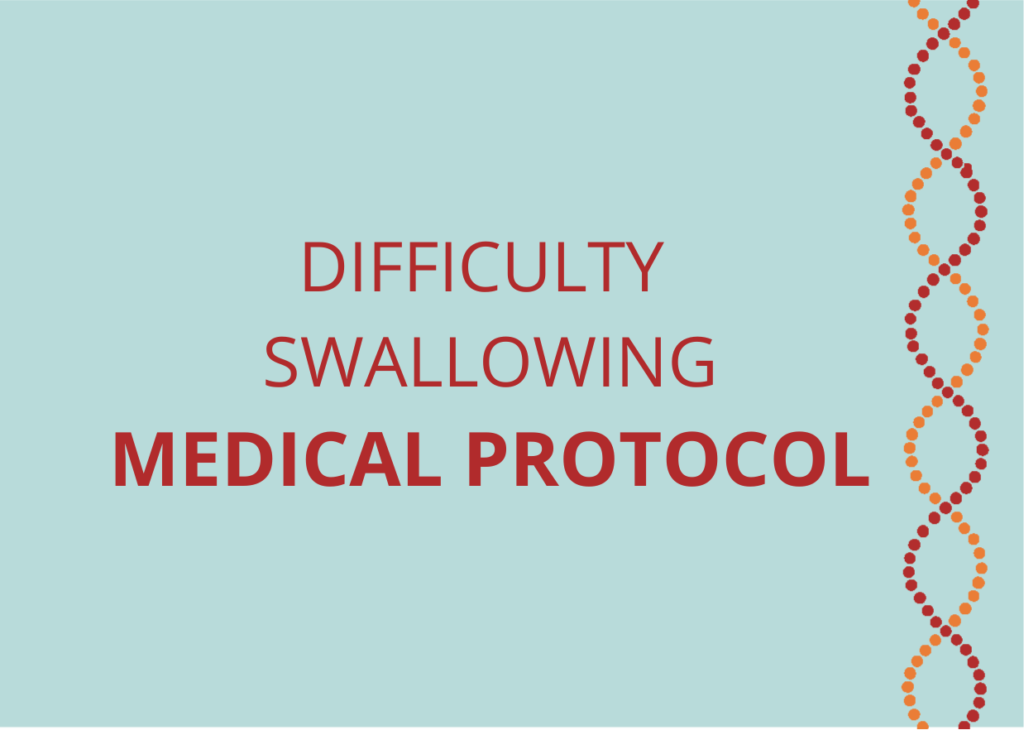Palliative Care

Palliative care is providing quality of life for those whose illness is progressive, and terminal. Palliative care places emphasis on valuing autonomy and dignity for patients, and it addresses the individual physical, psychological, social and spiritual needs of the patient. This Medical Protocol draws on research of palliative care for people with progressive long-term neurological conditions (PLTNCs) and palliative care more broadly.
SARA Assessment Form

Scale for the assessment and rating of ataxia (SARA).
Neurological Assessment

SARA client assessments.
Nutritional Recommendations

Machado-Joseph Disease (MJD) patients experience high rates of weight loss and malnutrition. This contributes to both morbidity and mortality and can be compounded by co-morbidities. Both occur due to the complex and interrelated symptoms of MJD. Commonly cited causes of weight loss and malnutrition include: dysphagia; reliance on others for food purchase, preparation, and in some cases feeding; and depression and anxiety. This medical protocol outlines these symptoms and their prevalence, assessment and treatment.
The social and emotional wellbeing of clients with MJD and their families

Damien Howard, Psychologist, talks about the social and emotional wellbeing of clients with MJD and their families.
Social and Emotional Wellbeing

The gradual deterioration of the nervous and musculoskeletal systems affected by Machado-Joseph Disease (MJD) and, therefore, the capacity of the person with the disease to engage in all aspects of their life – self care, relationships and community, the need to progressively depend on others for all aspects of their care – all inevitably impact on the social and emotional health of those with the disease. Evidence shows that MJD patients have higher rates of depression, anxiety and apathy. This medical protocol outlines these symptoms and their prevalence, assessment and treatment.
Communication strategies for clients with MJD

Ali Beckwith, Occupational Therapist, talks about communication strategies for clients with MJD.
Communication Difficulty

Individuals with Machado-Joseph Disease (MJD) experience significant speech loss (dysarthria) throughout the progression of the disease. This greatly reduces their ability to communicate verbally and subsequently further reduces the autonomy and quality of life of people who are already seriously physically disabled. Dysarthria, or slow, slurred speech, is often an early clinical sign of MJD, and may ultimately progress to complete loss of speech (anarthria). This medical protocol outlines these symptoms and their prevalence, assessment and treatment.
Difficulty Swallowing

Dysphagia, or difficulty swallowing, can occur in up to 75% of people with Machado-Joseph Disease (MJD) (Riess et al., 2008; Sequeiros & Coutinho, 1993) and traditionally dysphagia was believed to develop later in the disease progression once patients were no longer ambulatory (Sequeiros & Coutinho 1993; Sudarsky et al., 1992). This medical protocol outlines the symptoms associated with dysphagia and their prevalence, assessment and treatment.
Mobility and Balance Deterioration

The onset of mobility and balance difficulties occurs in the early stages of Machado-Joseph Disease (MJD) progression. This mobility and balance difficulty manifests mostly as ataxia and a loss of coordination. Ataxia is a general term referring to the lack of muscle control or coordination, problems with fine motor control and posture. Together with visual disturbances (and consequently more pronounced ataxia in poor light), these are early clinical indicators that
people may have MJD (in the absence of genetic testing). This medical protocol outlines these symptoms and their prevalence, assessment and treatment.

